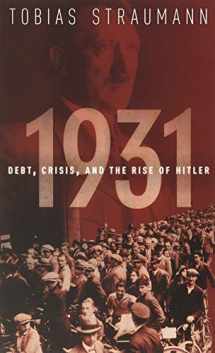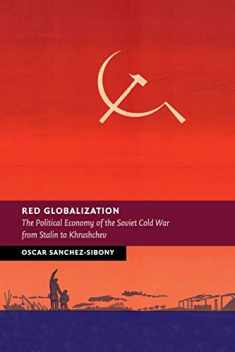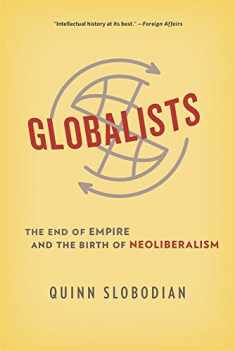
1931: Debt, Crisis, and the Rise of Hitler
Book details
Summary
Description
About the Author
Tobias Straumann, Associate Professor of Economic History, University of Zurich
Germany's financial collapse in the summer of 1931 was one of the biggest economic catastrophes of modern history. It led to a global panic, brought down the international monetary system, and turned a worldwide recession into a prolonged depression. The crisis also contributed decisively to the rise of Hitler. Within little more than a year of its onset, the Nazis were Germany's largest political party at both the regional and national level, paving the way for Hitler's eventual seizure of power in January 1933.
The origins of the collapse lay in Germany's large pile of foreign debt denominated in gold-backed currencies, which condemned the German government to cut spending, raise taxes, and lower wages in the middle of a worldwide recession. As political resistance to this policy of austerity grew, the German government began to question its debt obligations, prompting foreign investors to panic and sell their German assets. The resulting currency crisis led to the failure of the already weakened banking system and a partial sovereign default.
Hitler managed to profit from the crisis because he had been the most vocal critic of the reparation regime responsible for the lion's share of German debts. As the financial system collapsed, his relentless attacks against foreign creditors and the alleged complicity of the German government resonated more than ever with the electorate. The ruling parties that were responsible for the situation lost their credibility and became defenceless in the face of his onslaught against an establishment allegedly selling the country out to her foreign creditors. Meanwhile, these creditors hesitated too long to take the wind out of Hitler's sails by offering debt relief. In this way, a financial crisis soon developed into a political catastrophe for both Europe and the world.


We would LOVE it if you could help us and other readers by reviewing the book
Book review





